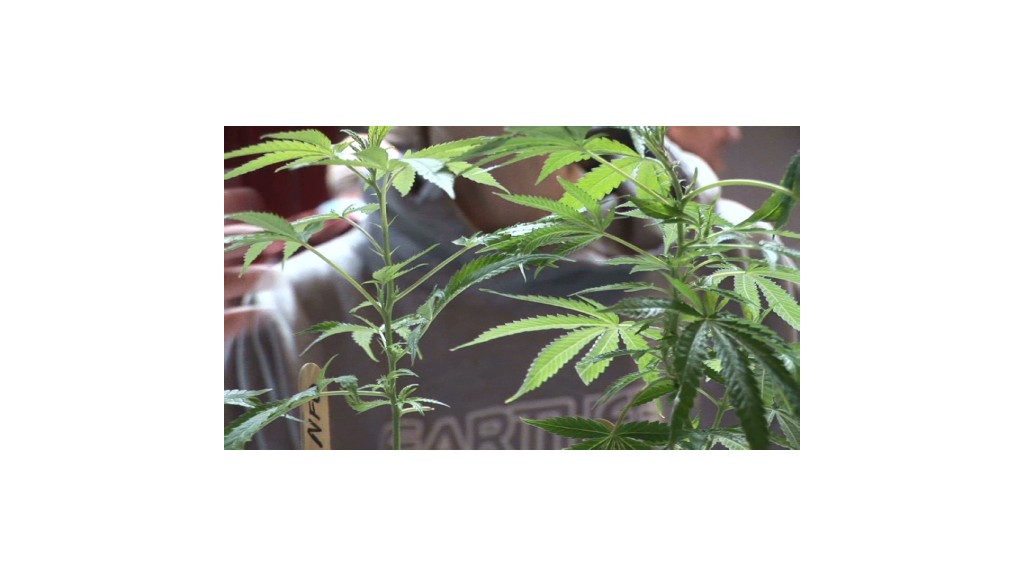
Voters in Washington and Colorado passed ballot initiatives Tuesday to legalize marijuana for recreational use, the biggest victory ever for the legalization movement.
"The significance of these events cannot be overstated," said NORML, a pro-legalization organization, in a news release. "Tonight, for the first time in history, two states have legalized and regulated the adult use and sale of cannabis."
But in many ways, it's just the beginning of the battle. Marijuana is still illegal in the eyes of the federal government, which overrules states' rights.
"The voters have spoken and we have to respect their will," said Colorado Gov. John Hickenlooper, in a statement. "This is a complicated process, but we intend to follow through. That said, federal law still says marijuana is an illegal drug, so don't break out the Cheetos or goldfish too quickly."
The Drug Enforcement Administration reiterated its stance that marijuana is an illegal drug and that possessing, using or selling it is a crime.
"The Drug Enforcement Administration's enforcement of the Controlled Substances Act remains unchanged," said the DEA in a press statement. "In enacting the Controlled Substances Act, Congress determined that marijuana is a Schedule I control[ed] substance. The Department of Justice is reviewing the ballot initiatives and we have no additional comment at this time."
The Colorado U.S. Attorney's Office released an identical statement, saying that its position on marijuana as an illegal drug is "unchanged."

The voter approval of legal weed in Colorado and Washington could lead to a Supreme Court battle with the federal government, according to Jeffrey Miron, senior lecturer of economics at Harvard University and a senior fellow at the Cato Institute, where he has conducted economic studies on nationwide drug legalization.
"[The feds] will do whatever they can to interfere with marijuana legalization in any state," Miron said on Tuesday, before the initiatives passed.
Related: Marijuana legalization on the ballot
Analysts had projected the Washington voters would approve their legalization ballot, because it proposes a heavy tax for marijuana that made the proposal attractive to budget hawks. The Washington initiative calls for a 25% tax rate imposed on the product three times: When the grower sells it to the processor, when the processor sells it to the retailer, and when the retailer sells it to the customer.
The Colorado approval was more of a surprise, since the polls were split ahead of the vote.
Voters shot down a third legalization referendum, in Oregon, which was expected. Analysts had projected that it wouldn't go through and criticized various aspects of the initiative, especially the fact that it would have handed most of the regulating power in the marijuana industry to the growers rather than independent overseers.
There were half a dozen marijuana referendums in total, with three of them proposing legalization for recreational purposes, and the others dealing with medical marijuana. Massachusetts voters approved a referendum legalizing medical marijuana, while Arkansas voters shot down a similar proposal. Montana voters approved a referendum to place restrictions on its existing medical marijuana laws.


